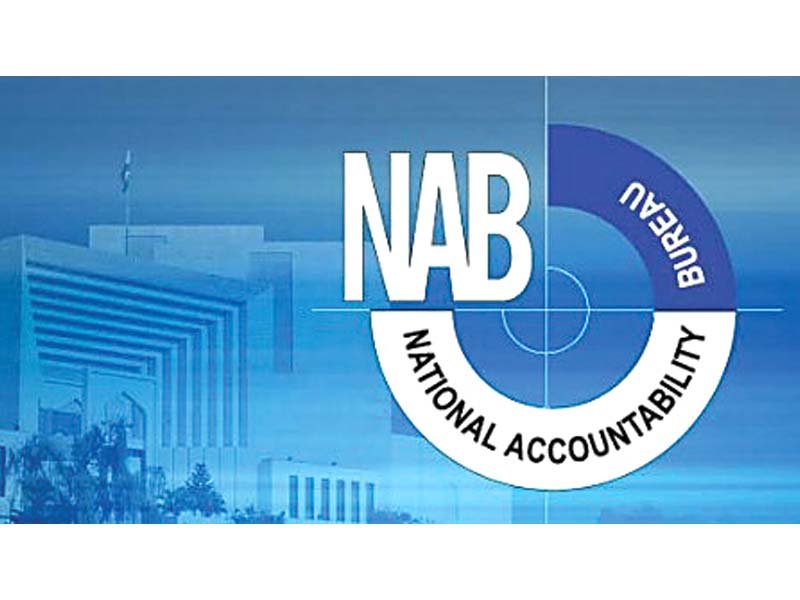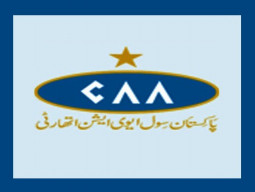
A senior official in the Ministry of Law on Wednesday told to The Express Tribune that both the PML-N and the PPP have shared separate proposals, which shows that the opposition parties could not evolve consensus on proposed amendments.
He said the PML-N shared draft of proposed amendments on Tuesday.
“Now Minister for Law Dr Farogh Naseem will examine all these proposals and discuss them with other top government functionaries including Prime Minister Imran Khan,” the official said.
Despite amendments, NAB law draws CII’s ire
Last week, Dr Naseem told The Express Tribune that the government was awaiting opposition’s proposals for amendments in the NAO but clarified that the government did not want to make the top accountability watchdog ‘toothless’.
He said even NAB Chairman Javed Iqbal would also be consulted before bringing in the new legislation. “We want to introduce fair and reasonable changes in the law,” he added. He also revealed that the apex court’s suggestions about the NAB law amendments were also being considered.
The Supreme Court had proposed that legislature might amend the NAO, 1999 appropriately in order to enable an accused person to apply for his bail before the relevant accountability court in the first instance. At present, NAO, 1999 does not allow an accused to apply for bail.
It had also recommended that the unrealistic timeframe for conclusion of a trial as specified in Section 16(a) of the NAO, 1999 may also be reconsidered and revisited by the legislature.
On January 15, the apex court gave three months to the federal government for an appropriate legislation regarding the NAB chairman’s power of voluntary return (VR) option available for obtaining illegal money from the accused.
He said he believed the government did not want the VR option to be completely abolished but was considering insertion of a provision to dismiss a civil servant who enters such deal. “Likewise, a public officeholder should be disqualified for 10 years.”
Dr Naseem clarified that the government has no plan to extend the NAB jurisdiction to armed forces and superior judiciary. Interestingly, the opposition parties have also not proposed extending NAB’s jurisdiction to judges and generals.
NAB law tweaks get the go-ahead
Talking with reference to the PPP’s proposal, PPP Senator Farooq H Naek said he is unaware as to whether the PPP shared the proposed amendments with the law ministry. He said the PPP had agreed on his bill and no new proposed amendment was under consideration.
Naek, however, admitted that the PML-N contacted him to insert new amendments in the NAB law, but “it is impossible as the bill had already been approved by the relevant Senate standing committee.”
Sources said the PML-N committee headed by former law minister Zahid Hamid prepared proposed its draft. It is learnt that the PML-N has proposed abolishing NAB chairman’s power of freezing the accused person’s properties.
Earlier, the PML-N leaders met on Thursday last week to consider proposed amendments in the NAO. The PML-N bill for NAB law amendments is already pending in the parliamentary committee.
The PML-N’s Barrister Zafarullah said NAB chairman’s powers should be structured and a committee within NAB should be established to take decisions, rather than vesting all powers in the chairman.
The party is considering other suggestions like minimizing duration of remand; allowing option of bail, normalising burden of proofs; redefining definitions of benami, public officeholder, asset beyond means, misuse of authority etc.
In December 2019, President Dr Arif Alvi promulgated the NAB (Amendment) Ordinance 2019 in a move to limit the sweeping powers of the anti-corruption watchdog to act against any individual accused of financial corruption at will.
The new law offers more protection to public officeholders or government officials while at the same time excludes several financial sectors from the purview of the anti-corruption watchdog.
Under the ordinance, the government mandates the NAB chairman to submit a report on complaints against the bureau to government. Earlier, the NAB chief used to submit such a report to the president.
The government claimed that the amendment was the need of the hour to restore confidence of public officeholders as well as businessmen as they were complaining about their harassment by NAB.
Now the government has to present the same ordinance in the parliament for approval for otherwise it will lapse after four months. The government requires opposition’s support to amend the law.

















COMMENTS
Comments are moderated and generally will be posted if they are on-topic and not abusive.
For more information, please see our Comments FAQ